
A new comparison study of patients with autoimmune diseases reported high rates of anxiety and depression, with notable differences in when psychiatric symptoms emerged relative to disease onset.

A new comparison study of patients with autoimmune diseases reported high rates of anxiety and depression, with notable differences in when psychiatric symptoms emerged relative to disease onset.

A phase 3b study presented at ACTRIMS 2026 is evaluating whether switching to remibrutinib offers efficacy and safety comparable to continued ocrelizumab treatment in relapsing multiple sclerosis.

Findings from a phase 1 study indicated that Lucid-21-302 was generally well tolerated and exhibited dose-proportional exposure, warranting additional study in a phase 2 trial for multiple sclerosis.

The senior research investigator at the New York Stem Cell Foundation discussed how human iPSC-based models can help dissect the cellular mechanisms underlying PIRA and progressive disability in multiple sclerosis. [WATCH TIME: 3 minutes]

New phase 3 FREXCITE trial tests frexalimab CD40L inhibitor in nrSPMS, comparing on-body subcutaneous vs IV dosing
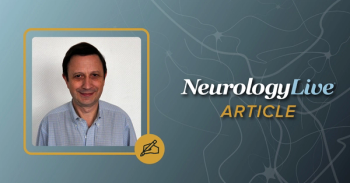
The analysis included 280 patients from CLARIFY-MS extension and 219 patients from MAGNIFY-MS extension, a total of 499 patients with at least 4 years of follow-up.
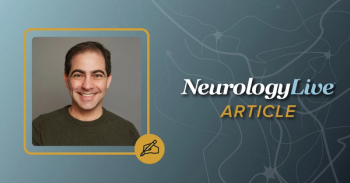
A cohort analysis, presented at ACTRIMS 2026, provided insight into the clinical characteristics, disease burden, and treatment sequencing of patients with neuromyelitis optica spectrum disorder treated with inebilizumab.
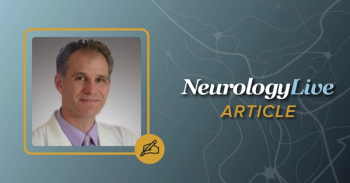
Real-world phase 4 data show cladribine keeps relapse rates low and safety steady in relapsing MS patients, including those 65+.

FASTEST finds rFVIIa curbs ICH bleeding fast but adds clot risk; ultra-early and spot-sign patients show promise as Part 2 continues.

Adding intra-arterial alteplase after successful endovascular thrombectomy significantly improved 90-day functional outcomes in patients with large-vessel acute ischemic stroke, according to late-breaking data from the phase 3 CHOICE2 trial.

Late-breaking data from a substudy of the CREST-2 trial revealed that carotid revascularization did not show greater improvements in cognitive function compared with intensive medical management.
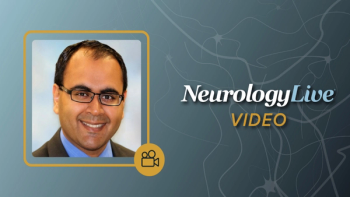
The associate chief medical officer at Michigan State University highlighted advances in neuromuscular disease, emerging therapeutic strategies, and the growing role of patient-reported outcomes at AANEM 2025. [WATCH TIME: 2 minutes]

The chief medical officer at Xenon Pharmaceuticals provided clinical insights on promising long-term, phase 2 data testing azetukalner, a first-in-class Kv7 channel opener, in patients with focal onset seizures. [WATCH TIME: 4 minutes]
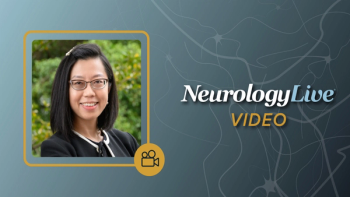
The consultant neurologist at the National Neuroscience Institute discussed how artificial intelligence, biomarker development, and drug repurposing can help improve patient care in ALS. [WATCH TIME: 4 minutes]
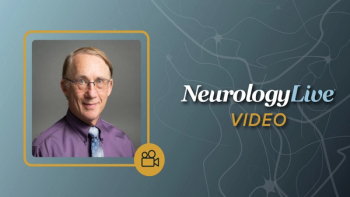
The professor of geriatrics and gerontology at the University of Wisconsin shared insights on prescribing the autoinjector formulation of lecanemab for patients living with Alzheimer disease. [WATCH TIME: 5 minutes]
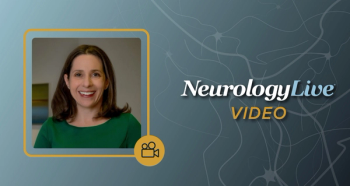
The senior director at the Banner Alzheimer's Institute talked about findings from the ancillary analyses of the US POINTER Study and the importance of strong recruitment efforts. [WATCH TIME: 5 minutes]
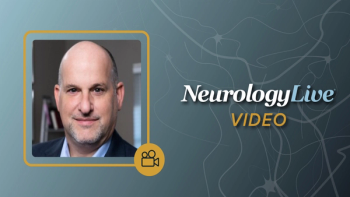
The head of search and evaluation at the Alzheimer's Drug Discovery Foundation discussed the evolving role of biomarkers for diagnosis and the progress of targeted therapies in Alzheimer disease. [WATCH TIME: 5 minutes]
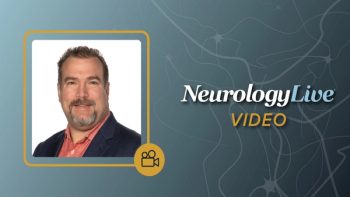
The chief operating officer at Linus Health talked about how brief, digitally administered cognitive assessments enable scalable, earlier identification of cognitive impairment. [WATCH TIME: 4 minutes]
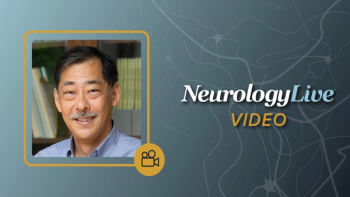
The director at the National Center of Neurology and Psychiatry discussed how biomarker-driven diagnostics and antibody therapies targeting amyloid pathology may be reshaping Alzheimer disease management. [WATCH TIME: 4 minutes]
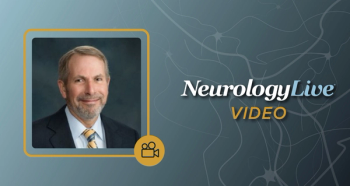
At CTAD 2025, the director of Banner Alzheimer’s Institute discussed emerging epidemiologic and translational evidence suggesting that certain vaccines may confer protection against dementia. [WATCH TIME: 6 minutes]
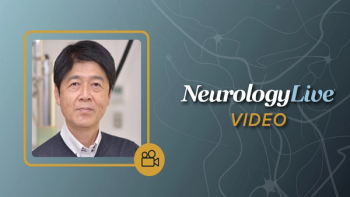
The associate professor at The University of Tokyo talked about how lifestyle-focused multidomain interventions, including exercise, sleep, and nutrition, may improve cognitive function. [WATCH TIME: 4 minutes]

The senior director of the Fluid Biomarker Program at Banner Health highlighted the evolving role of blood and fluid biomarkers in Alzheimer disease research and clinical practice.

At MDS 2025, the professor of neurology at University de Tunis El Manar described the role of global collaboration in advancing the understanding, diagnosis, and management of Parkinson disease. [WATCH TIME: 6 minutes]

The research portfolio director at the Muscular Dystrophy Association spoke about ongoing advances in ALS research and how they may inform approaches to therapeutic development. [WATCH TIME: 5 minutes]
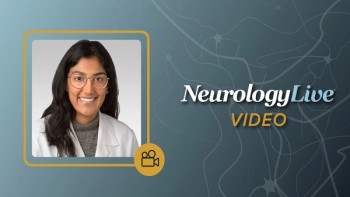
The clinical assistant professor at Feinberg School of Medicine outlined some of the major revisions proposed for the NMOSD diagnostic criteria presented at ECTRIMS 2025. [WATCH TIME: 8 minutes]
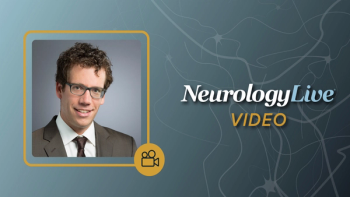
At ECTRIMS 2025, the professor of biomedical engineering at the University of Bern discussed virtual reality technologies for multiple sclerosis rehabilitation. [WATCH TIME: 3 minutes]
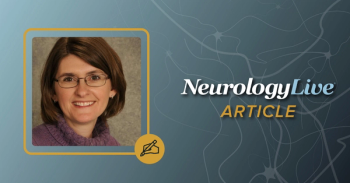
A recent analysis reveals fenfluramine's positive effects on executive functioning in adults with Lennox-Gastaut syndrome, independent of seizure reduction.
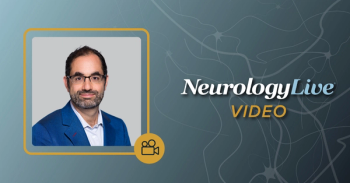
The director of the EEG/Epilepsy Unit in the Department of Clinical Neurosciences at Lausanne University Hospital in Switzerland discussed post-anoxic seizure management at 2025 AES Annual Meeting. [WATCH TIME: 3 minutes]
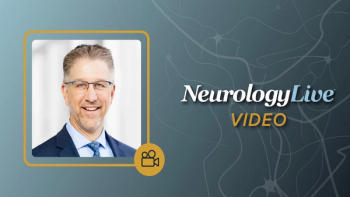
The staff neurologist at the Mellen Center for Multiple Sclerosis at Cleveland Clinic shared data from the phase 2 CALIPER trial of vidofludimus calcium in progressive MS presented at ECTRIMS 2025. [WATCH TIME: 7 minutes]
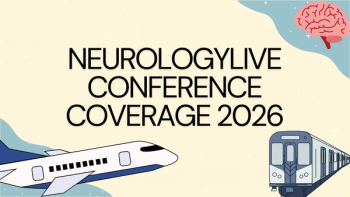
Follow NeurologyLive's conference journey in 2026, highlighting advancements in diagnostics, treatments, and multidisciplinary care across multiple neurological conditions.